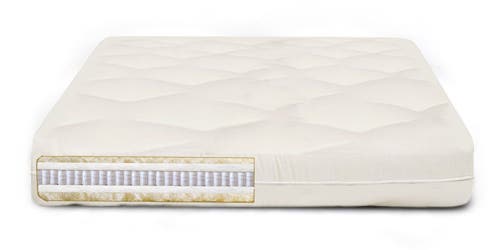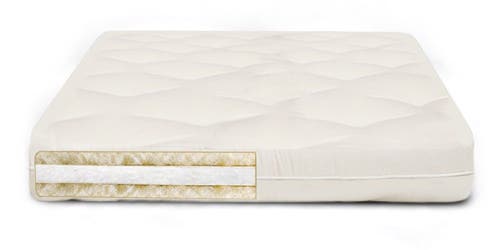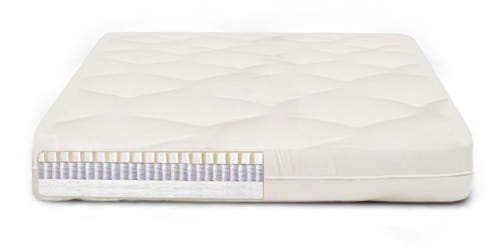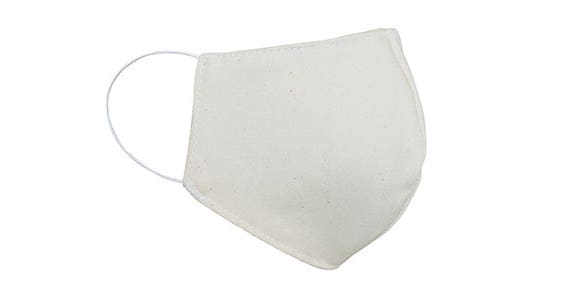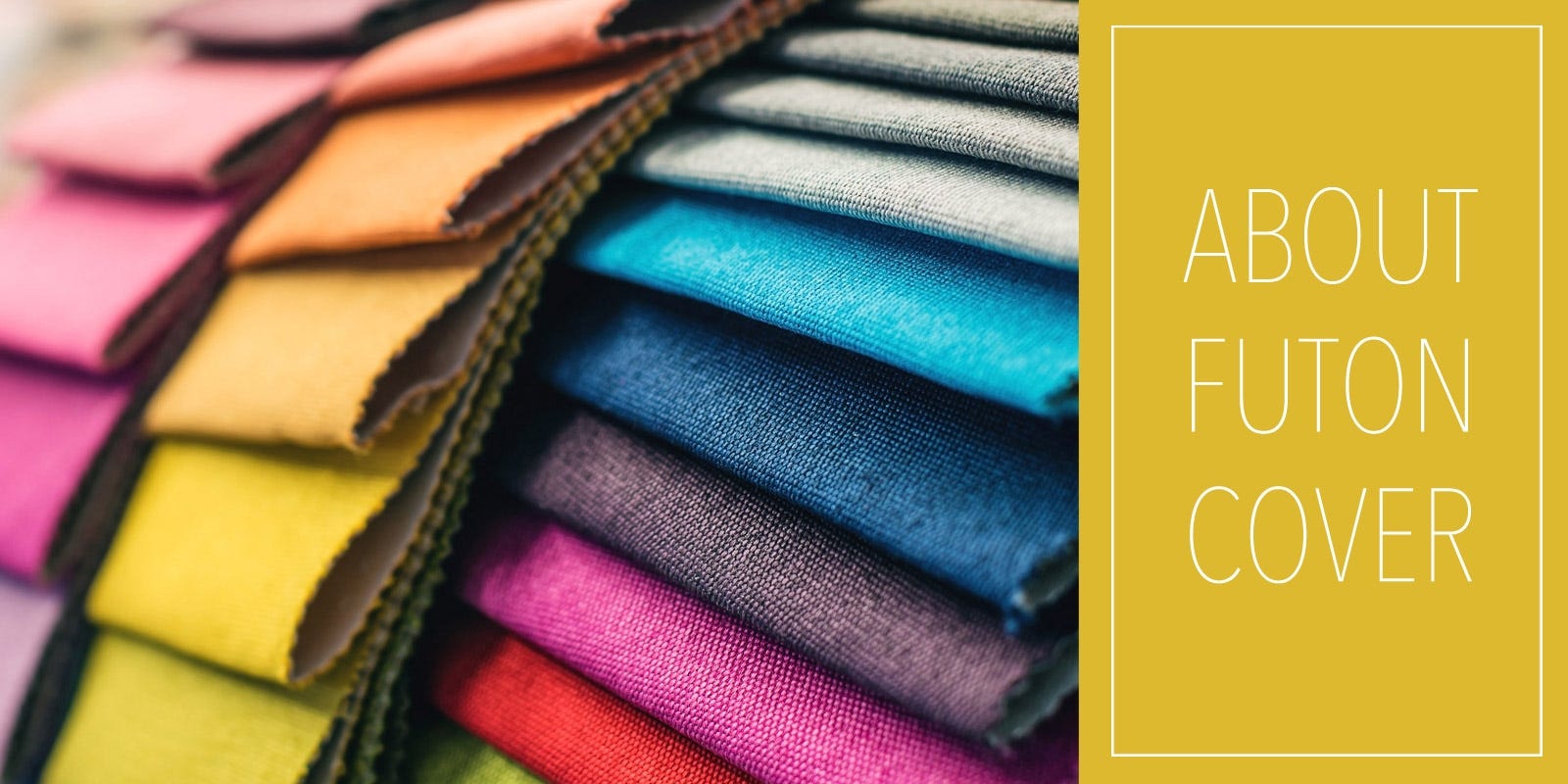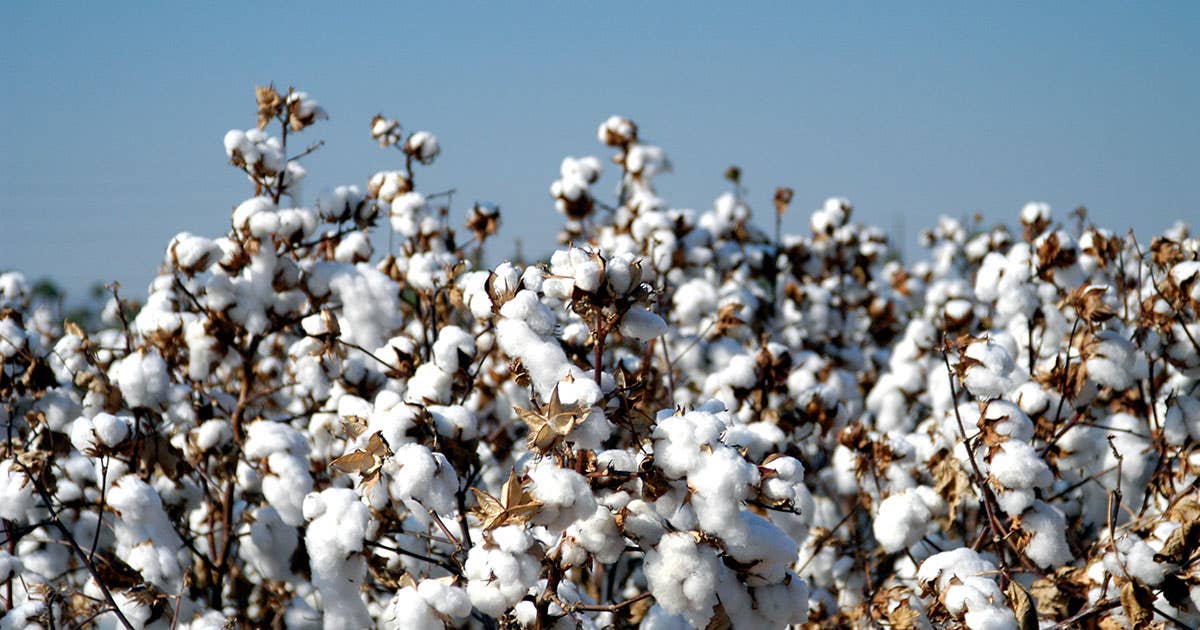
Cotton truly is, “the fabric of our lives.” Most of us come in contact with items made from cotton every day, from the clothes we wear, the sheets you sleep on, and even some of the food you eat. The large amount of conventional cotton production comes at a price. Growing conventional cotton requires the use of enormous amounts of toxic chemicals creating a vastly negative impact on the environment. According to the Organic Trade Association, “About 25 percent of the world’s insecticide use and more than 10 percent of the world’s pesticide goes to cotton crops. In 2003, that amounted to about 55 million pounds of pesticides being sprayed on 12.8 million acres of cotton.” Many of the chemical pesticides used are considered to be the most toxic chemicals in the world. In many countries, cotton is still picked by hand; exposing workers in those fields to extreme amounts of toxic chemicals. The chemical exposure can be farther reaching than the fields, as these chemicals seep into local waters supplies which has a huge environmental impact and presents health risks for those working around it.
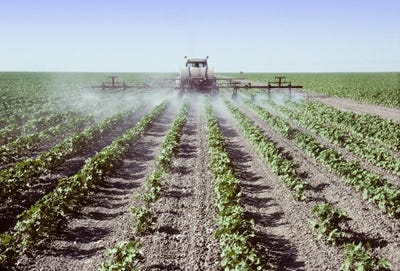
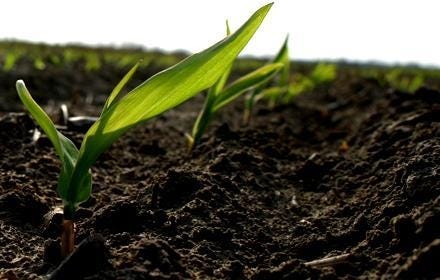
The negative effects of cotton farming can lead to health risks include, birth defects, reproductive disorders and impaired immune systems. Outside of the immediate environment, some baked goods, cookies and salad dressing contain cotton seeds with these same toxins. With so many products made from cotton, we are all exposed to these chemicals at some point. The health risks of pesticide exposure include. According to the World Health Organization up to 20,000 deaths each year are caused by pesticide poisoning in developing countries and more than 10,000 farmers die each year from cancers related to such chemicals domestically. To make matters worse, the U.S. Fish and Wildlife Service has also found that pesticides unintentionally kill at least 67 million birds annually in the U.S. As insects gradually become resistant to pesticides, ever-increasing amounts are applied to be effective, resulting in massive ecological disasters and crop failures. These hazardous pesticides also pose an increasing danger to wildlife. A1993 EPA study estimated that 'one to two million' birds are killed annually by carbofuran, just one insecticide used on cotton! This is only one of many tragic effects on our wildlife.
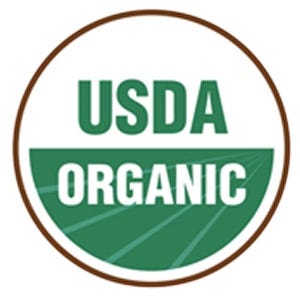
Choosing Organically produced items will help to alleviate these health risks and leave a smaller footprint on the environment. According to the USDA:
“The principal guidelines for organic production are to use materials and practices that enhance the ecological balance of natural systems and that integrate the parts of the farming system into an ecological whole. Organic agriculture practices cannot ensure that products are completely free of residues; however, methods are used to minimize pollution from air, soil and water. Organic food handlers, processors and retailers adhere to standards that maintain the integrity of organic agricultural products. The primary goal of organic agriculture is to optimize the health and productivity of interdependent communities of soil life, plants, animals and people.” [NOSB Recommendations (USDA, Agricultural Marketing Service, National Organic Program (NOP)). Available at NOP Website (7/99): http://www.ams.usda.gov/nop/nosbinfo.htm]
Choosing to purchase organic cotton products is not only healthier for the environment, but it is also a superior product over conventionally grown cotton.
Compare Organic Cotton Futon Slipcovers to Natural Cotton Futon Slipcovers

